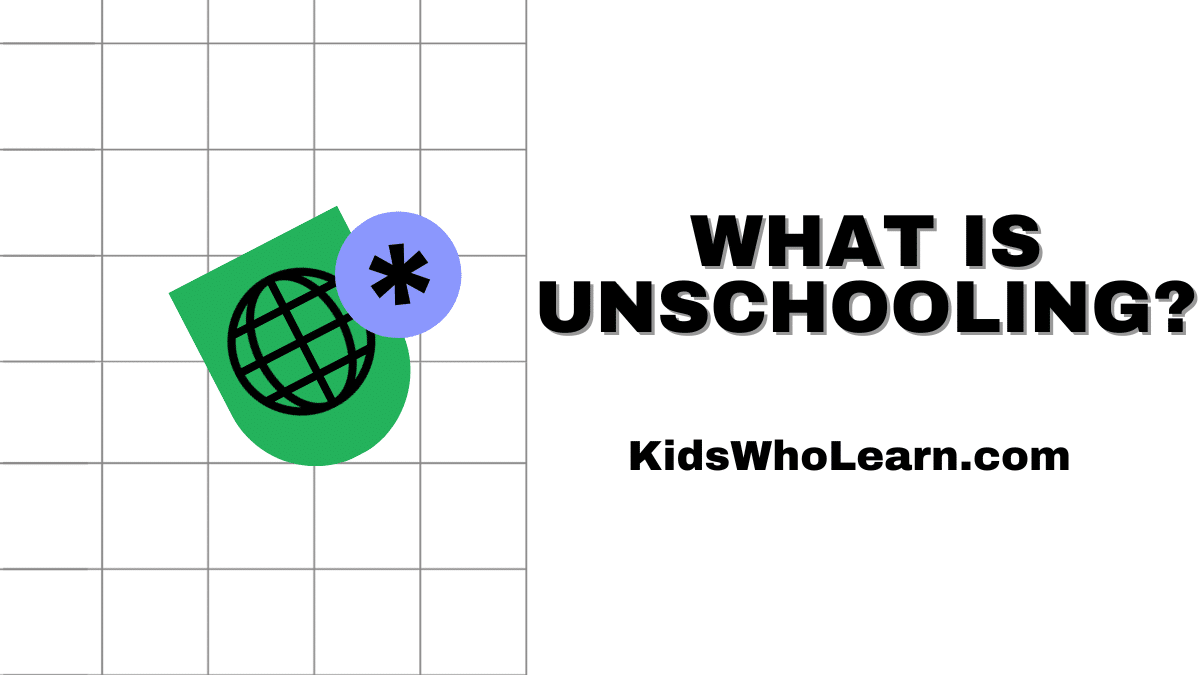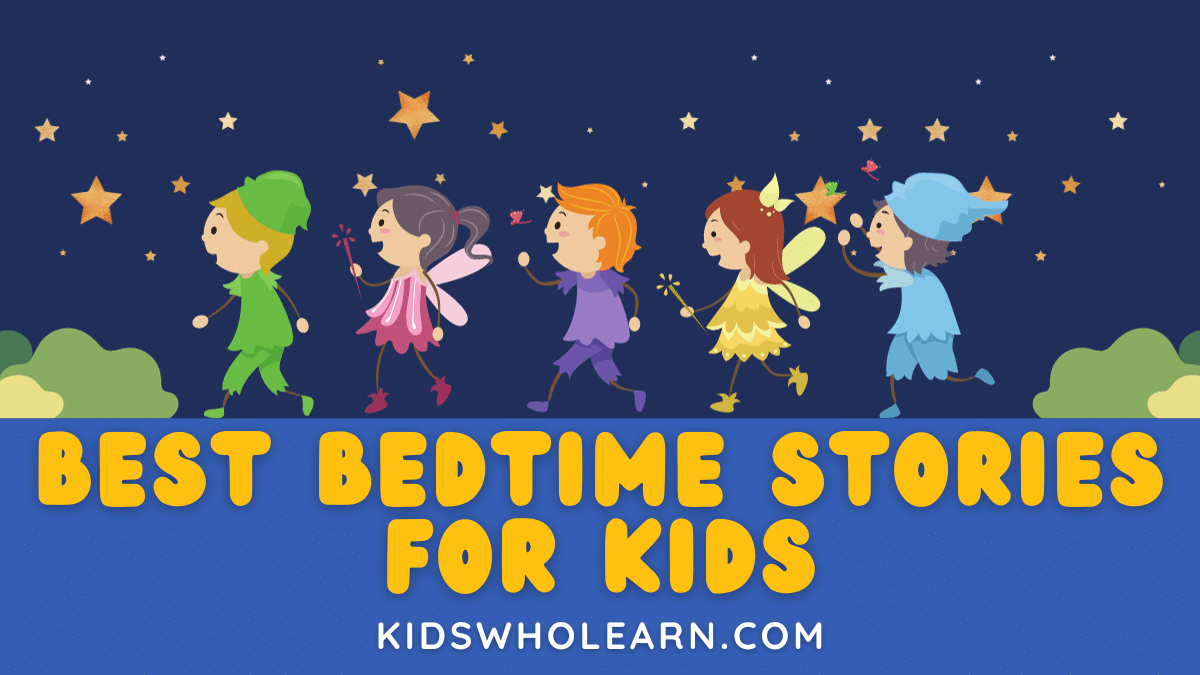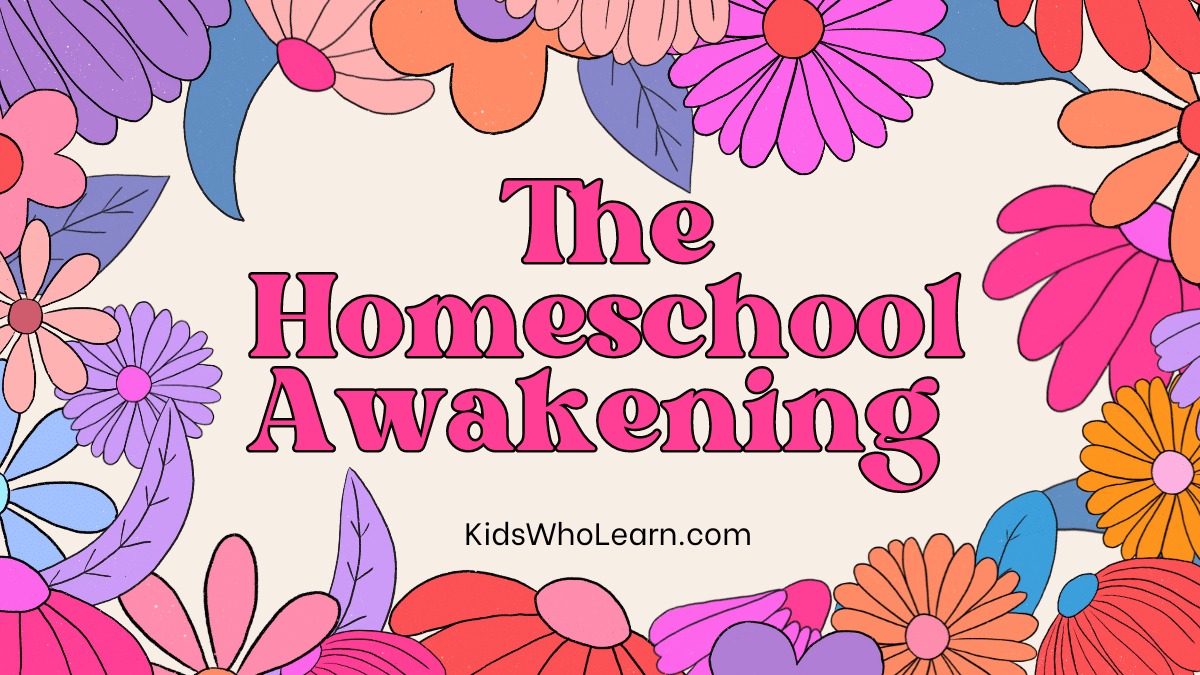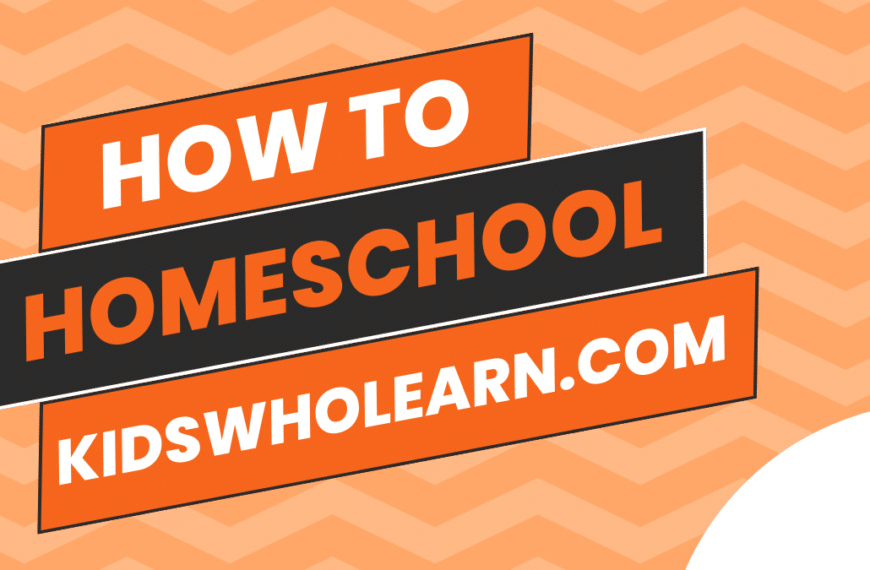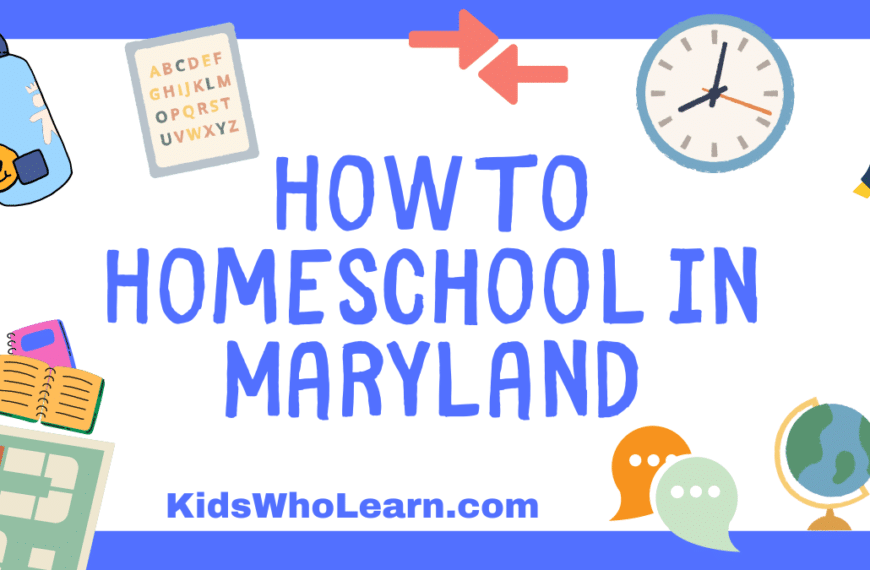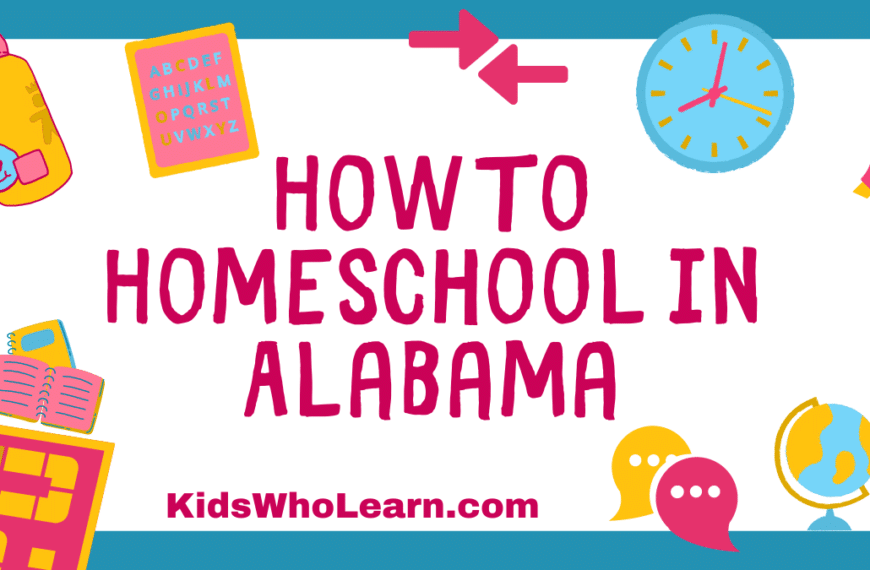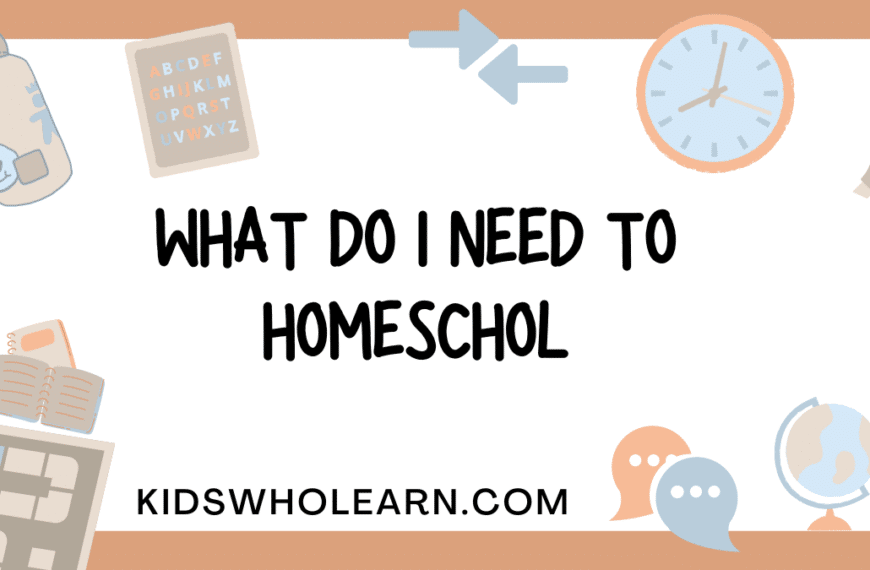Unschooling homeschool is a unique approach to education that diverges from the traditional structure of schooling. At its core, unschooling promotes self-directed learning, allowing children to explore their interests and develop skills at their own pace. This educational method seeks to foster a deep love for learning by creating an environment in which curiosity and creativity can thrive.
While the concept of unschooling may be new to some, it has a rich history rooted in educational philosophies that prioritize the individual child’s needs and learning interests. Unschooling parents act as facilitators and guides, providing resources and opportunities for their children to explore their passions, rather than imposing a predefined curriculum. This approach seeks to engage children in authentic learning experiences that resonate with their unique curiosities, talents, and goals.
Key Takeaways
- Unschooling homeschool focuses on self-directed learning tailored to a child’s interests.
- This educational method has a rich history and promotes curiosity and creativity in children.
- Parents act as facilitators, providing resources for exploration rather than a strict curriculum.
Understanding Unschooling Homeschool
Unschooling is a form of homeschooling that emphasizes learning through real-life experiences and individual interests. It is often considered a more relaxed and child-led approach to education. In unschooling, you encourage your child to explore their own passions and interests, allowing them to guide their own learning and development.
Instead of following a set curriculum or lesson plan, unschooling encourages children to learn at their own pace and driven by their own natural curiosity. This means they might explore various subjects throughout the day, such as engaging in arts and crafts, conducting science experiments, or playing outdoors to learn about nature.
As a parent, your role in unschooling is to provide a supportive environment that fosters your child’s learning and curiosity. You can do this by:
- Offering a variety of resources, such as books, games, and materials for hands-on learning.
- Encouraging your child to ask questions and guiding them to discover answers on their own.
- Providing opportunities for social interaction and learning through group activities, field trips, or community events.
It’s important to note that unschooling does not mean a lack of structure or guidance. Rather, it shifts the focus from a traditional classroom setting and standardized curriculum to a more flexible, individualized approach. By trusting in your child’s natural desire to learn and supporting their unique interests, you’re empowering them to become self-directed learners and critical thinkers.
History of Unschooling
Unschooling, a form of homeschooling, has been around for quite some time. The concept gained popularity in the 1970s, thanks to American educator and author John Holt. He believed that children learn better when they are not subjected to the restrictions and structure of traditional schools. Instead, he advocated for a more child-centered approach, allowing children to follow their interests and learn at their own pace.
You might be interested to know that the term “unschooling” itself was coined by Holt in 1977, when he introduced it in his magazine Growing Without Schooling. Before then, the concept was often referred to as “non-coercive” or “free-range” education, emphasizing the absence of authority and structure.
As you explore the evolution of unschooling, you’ll find a surge in its popularity in the 1990s, largely due to the rise of the internet. This technological advancement offered homeschooling and unschooling families access to resources, support, and communication with others who shared their educational philosophy. It became easier for families to embrace unschooling as they were no longer limited by the knowledge and materials available in their local communities.
One thing you’ll notice is that unschooling has been adopted by many families with diverse backgrounds and goals. For some, avoiding traditional schools is a way to shield their children from negative social influences. Others choose unschooling because they feel it provides a more nurturing and personalized learning environment. And for some, it’s simply a matter of having greater flexibility and freedom to travel or engage in other activities.
In recent years, you might have observed a growing appreciation and understanding among educators and researchers that not all children thrive in a conventional school setting. While unschooling may not be the right choice for everyone, its history bears witness to its potential as a viable and effective alternative for many families.
Philosophy and Principles of Unschooling
Child-Led Learning
Unschooling focuses on child-led learning, meaning your child’s interests and curiosity guide their learning experiences. Instead of a rigid curriculum, you’ll observe your child’s passions and provide resources, opportunities, and support in exploring those areas. This approach fosters a love for learning and encourages your child to develop their own understanding of the world.
In this educational approach, it’s essential to trust your child’s learning process. Remember, every child develops at their own pace, and learning naturally happens when they are genuinely engaged in an activity. As a parent, you can facilitate your child’s growth by creating an environment filled with various learning materials and by being supportive of their pursuits.
Role of Parents
As an unschooling parent, your role is quite different from that of a traditional teacher. You’ll act more as a guide, mentor, and learning partner with your child. This implies listening to their questions and ideas, allowing them to make mistakes, and being patient as they grow and learn. Your goal is to empower them by providing resources, fostering connections, and supporting their personal goals.
To successfully implement unschooling, it’s crucial to maintain open communication with your child. This way, you can better understand their desires, interests, and learning styles. Your involvement and presence in their educational journey will help them retain their natural curiosity and develop a well-rounded foundation in various subjects.
In summary, unschooling is centered around the belief that children are natural learners who, when given the appropriate environment and support, will thrive academically and personally. By following the philosophy and principles of unschooling, you can foster a lifestyle of learning that is tailored to your child’s unique needs and interests.
Benefits of Unschooling
Promotes Natural Curiosity
Unschooling encourages you to explore your interests and passions naturally. Since there’s no set curriculum or strict schedule, you have the freedom to dive deep into topics that intrigue you. You can spend as much time as needed to truly understand and enjoy the learning process. This curiosity-driven approach can result in a more engaging and fulfilling educational experience.
Enhances Social Skills
With unschooling, social interaction is an essential part of the learning process. You can get involved in community activities, explore places of interest with your peers, or share your hobbies with friends. This gives you the opportunity to interact with people of different ages and backgrounds, helping you develop important social skills that go beyond the typical homeschool or classroom environment. By embracing these diverse social experiences, you will enhance your communication, empathy, and collaboration abilities.
Challenges of Unschooling
Regulatory Hurdles
Unschooling, being a non-traditional approach to learning, sometimes faces regulatory issues. To successfully implement unschooling, you need to be aware of the homeschooling laws in your area, which may vary significantly from region to region. Some countries have strict guidelines, and you may need to submit documentation and periodic assessments to prove progress in your child’s education.
Providing evidence of your child’s educational journey can be challenging in an unschooling environment, as learning is often spontaneous, without definite milestones or tests. It’s essential to keep records of your child’s learning experiences, be it through photos, journals, or portfolios, to ensure compliance with the regulations.
Potential Gaps in Learning
One concern people have with unschooling is the potential for gaps in your child’s knowledge. Since unschooling is child-led, there may be areas in which they don’t naturally gravitate, which can result in less exposure to specific subjects or skills. As a facilitator of their learning, it’s crucial to keep an eye on these possible gaps and gently introduce new concepts or activities that cover those areas.
Take the opportunity to connect your child’s interests with various subjects, providing them with a comprehensive education. For example, if your child loves cooking, you can include math through measuring ingredients, science in understanding how ingredients react, and history by exploring traditional dishes from different cultures.
Remember, unschooling is a journey that you and your child undertake together. By being aware of the challenges and finding ways to overcome them, you can ensure a well-rounded education tailored to your child’s unique interests and pace.
Comparing Unschooling with Traditional Homeschooling
Freedom of Learning
In unschooling, you have the liberty to explore subjects based on your interests and curiosity rather than following a set curriculum. This allows you to learn at your own pace, nurturing a genuine interest in a wide range of topics. Traditional homeschooling, on the other hand, follows a more planned and organized curriculum similar to the conventional school system.
As an unschooler, you can dive deep into specific areas that intrigue you, mixing and matching subjects to create a truly individualized learning experience. Meanwhile, in traditional homeschooling, you usually follow a predetermined course of study, with the freedom to adjust the schedule and approach to better fit your needs.
Structure of Education
The structure of education in unschooling is quite different from traditional homeschooling. Unschooling emphasizes a more organic and interest-driven approach, allowing you to engage in real-world experiences, self-directed projects, and hands-on activities. This flexible environment encourages you to develop essential skills such as critical thinking, creativity, and problem-solving.
In contrast, traditional homeschooling often incorporates a more structured teaching style, similar to that found in public or private schools. Although there’s flexibility in terms of pacing and instructional methods, you generally stick to a schedule and cover specific subjects using textbooks and learning materials.
Here’s a brief comparison table:
| Aspect | Unschooling | Traditional Homeschooling |
|---|---|---|
| Learning Approach | Interest-driven, organic learning | Curriculum-based, more structured |
| Subjects Covered | Based on your interests and curiosity | Predetermined, covers core subjects |
| Skill Development | Emphasizes critical thinking, creativity, and problem-solving | Balance between academics and life skills |
Remember, your choice between unschooling and traditional homeschooling will depend on factors such as personal beliefs, goals, and learning styles. It’s essential to consider these aspects to make an informed decision that best suits your unique educational journey.
Transitioning to Unschooling
Initial Struggles
At first, transitioning to unschooling may seem overwhelming for both you and your child. It’s natural to feel a mix of excitement, uncertainty, and even fear. Remember that it takes time to adapt to this new approach, and it’s essential to be patient during this period.
To ease the process, consider the following steps:
-
De-schooling: Allow your child to de-school for a while, meaning they take a break from traditional schooling to relax and explore their interests. This phase helps wash away their previous schooling mindset.
-
Observe and communicate: Talk to your child about their interests and passions. Observe their natural learning process and find out what ignites their curiosity. The more you understand your child’s learning style, the better you can facilitate their unschooling journey.
-
Support network: Connect with other unschooling families. Share your challenges and achievements, and learn from their experiences. This support will help you navigate the initial struggles more effectively.
Acceptance and Adaptation
As you progress, you’ll notice that unschooling becomes a more natural part of your family’s lifestyle. It’s crucial to maintain open communication with your child and offer encouragement as they explore new areas of interest. Embrace the following principles to help you and your child adapt to the unschooling approach:
-
Trust: Trust that your child can learn and achieve their goals without the constraints of a traditional, structured curriculum.
-
Flexibility: Be open to making adjustments in your approach as you discover what works best for your child’s learning.
-
Engagement: Encourage your child to take ownership of their education by making choices, asking questions, and seeking opportunities to learn.
As you continue on the unschooling path, you’ll find that both you and your child will grow and evolve as you embrace this newfound educational freedom. Remember that the journey will be full of ups and downs, but with patience, trust, and support, you’ll create a lifelong love of learning for your child.
Successful Examples of Unschooling
You might be curious about how unschooling works in practice. Let’s look at some successful examples of individuals who have thrived in an unschooling environment.
Erik Demaine is a talented professor at the Massachusetts Institute of Technology (MIT). He was unschooled throughout his childhood by his artistic father. They traveled across North America, exploring different subjects in depth, which allowed him to develop a solid foundation in mathematics. His diverse learning experiences eventually led him to become the youngest professor in MIT history.
Simone Giertz, also known as the “Queen of Sh*tty Robots”, is another unschooled individual. Giertz grew up in Sweden and, after leaving school at 16, she pursued her passions in the fields of electronics, robotics, and media. She became a popular YouTuber, showcasing her quirky, yet informative creations. Her self-directed approach has led her to work with major tech companies, as well as prominent figures such as Adam Savage.
Unschooling can also contribute to individual success in creative fields. Take the case of Astra Taylor, an accomplished filmmaker, and author. She delved into different subjects by reading, writing, and having meaningful conversations with her parents. Taylor’s unschooling experience allowed her to develop a strong sense of curiosity and critical thinking, vital skills in her career as a creator.
Lastly, let’s consider professional athlete Logan LaPlante. The young snowboarder chose to be unschooled so he could dedicate more time to his passion for the sport. The flexibility in his schedule allowed him to train on the slopes, learn about nutrition, and engage in physical conditioning activities. As a result, LaPlante has become a successful snowboarder, winning numerous competitions.
These examples demonstrate that unschooling can lead to success in a variety of fields, from academia to sports. The key is to support your child’s unique interests, providing them with the resources and environment necessary to learn and grow.
Conclusion
You’ve now learned about unschooling homeschool. It is a unique approach that allows children to explore their interests in a more organic, self-directed manner. Instead of a structured curriculum, you can customize learning for each child, guiding them through subjects they are passionate about. This promotes engagement and creativity, fostering a lifelong love for learning.
Remember, unschooling is a flexible process. You will need to trust in your child’s ability to learn and provide support as they discover new passions. It’s essential to be open-minded, resist any urge to control their learning, and embrace the adventure with them. After all, unschooling can be an enriching experience for the entire family.
By choosing unschooling homeschool, you are fostering an educational environment that values curiosity and creativity. It may not be the right fit for everyone, but with patience, understanding, and the willingness to adjust, unschooling can offer a remarkable journey for both you and your child. Good luck as you embark on this exciting alternative educational path!
Frequently Asked Questions
How does unschooling differ from traditional homeschooling?
Unschooling is a more relaxed and flexible approach to homeschooling. While traditional homeschooling often follows a structured curriculum similar to public or private schools, unschooling allows the child to explore their interests and learn at their own pace. You, as a parent, provide support and resources, but the learning process is mainly driven by the child’s curiosity.
What are some unschooling examples?
Unschooling can take different forms, depending on the family and the child’s interests. For instance, if your child is passionate about nature, you might spend time exploring the outdoors, visiting parks and nature centers, or studying plants and animals. If your child loves art, you can arrange visits to museums, offer materials for creating their own artwork, or organize meetings with local artists.
Is unschooling legal in all states?
Yes, unschooling is legal in all states, as it falls under the umbrella of homeschooling. However, each state has its own regulations regarding homeschooling, so make sure you research and follow the laws in your area. Some states may require documentation, such as progress reports or standardized test scores, while others are more lenient.
What are the benefits and drawbacks of unschooling?
Benefits of unschooling include a personalized learning experience, increased motivation and engagement, and the opportunity for children to develop their unique strengths and passions. It also allows for more quality family time.
Drawbacks can include potential gaps in formal education, limited socialization opportunities, and the responsibility of being the primary educator landing on the parent. It’s essential to balance these factors when considering unschooling for your family.
How do you start unschooling at home?
To start unschooling, first research your state’s homeschooling laws and follow the necessary procedures. Next, create a supportive and enriching environment by providing a variety of resources, such as books, art materials, and access to educational websites. Encourage your child to pursue their interests and learn through exploration. Allow them the freedom to discover new topics at their own pace and be there to guide and support them.
Which states have the best resources for unschoolers?
Some states with notable resources for unschoolers include California, Massachusetts, Florida, and Texas. These states often have homeschooling support groups, online forums, and local events or meetups for unschooling families. However, the availability and accessibility of resources may vary depending on your location, so be sure to research and connect with local unschooling communities for the most accurate information.

